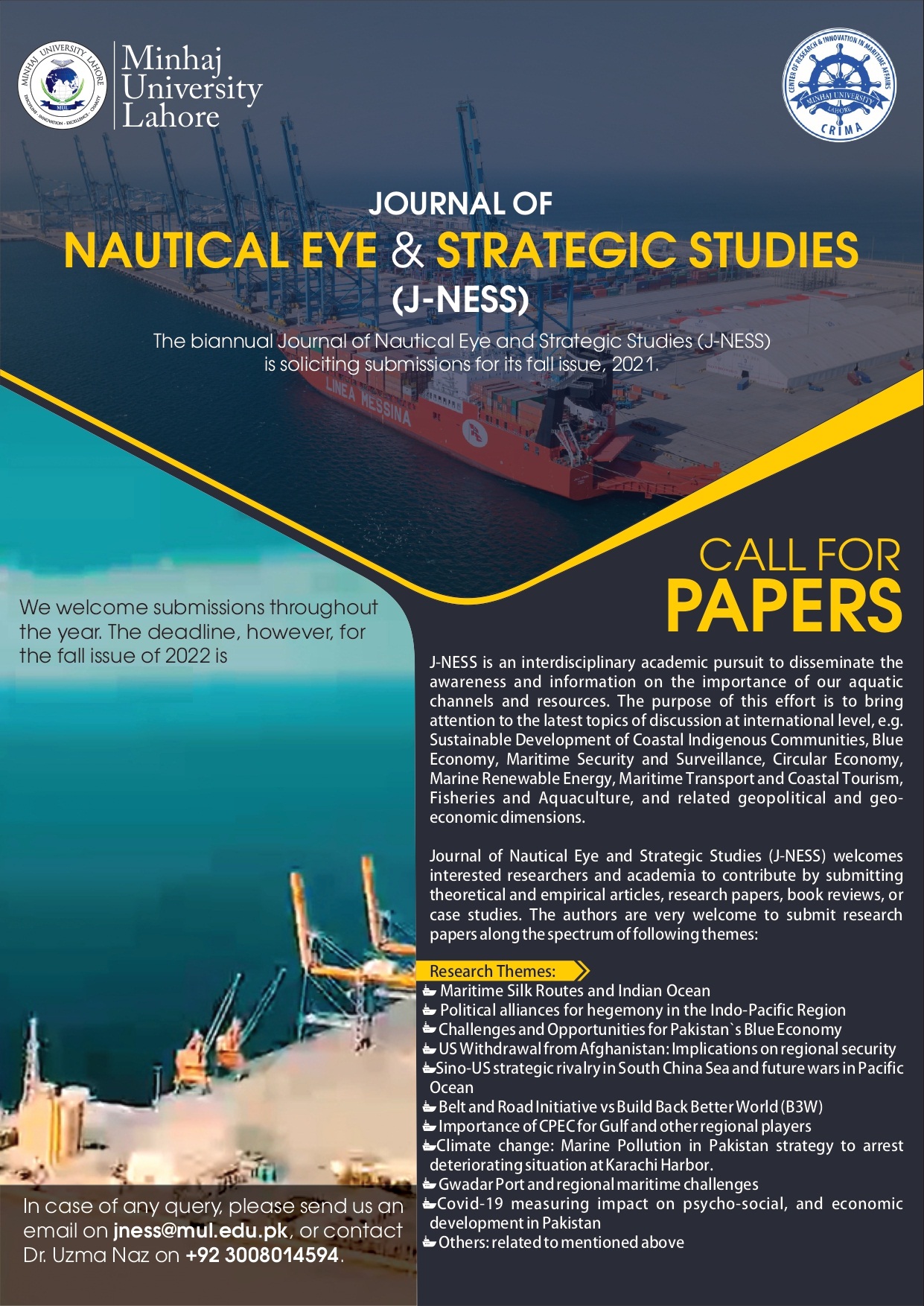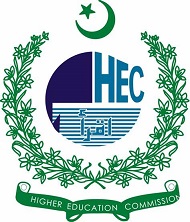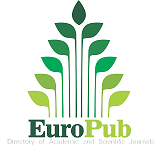Emerging Contour of Human Security: A Case Study of COVID 19 Impact on Tourism Policies
DOI:
https://doi.org/10.58932/MULG0019Keywords:
COVID-19, Empowerment, Global tourism, Human security, Non-traditional security threat, Protection, Tourism policymakingAbstract
The advent of COVID-19 has emerged as a preeminent global non-traditional security threat in the 21st century, posing multifaceted challenges to the security and economic well-being of human communities worldwide. This research seeks to highlight the intricate nexus between the human security implications engendered by the transmission of the coronavirus and its consequential devastating impact on the global tourism industry—a domain notably underexplored in scholarly literature. COVID 19 was one of the most challenging human security threats in our times which had negative impacts on human security and raised pertinent concerns about the issues of health safety while tourism in an era ridden with the paranoia of the pandemic. Tourism is one of the many sectors which was severely damaged by the human security threats emanating from the precarity of the global pandemic situation. However, many countries developed and implemented unique and practical tourism policies which proved successful in tackling the challenges posed by the COVID-19. A critical examination of the innovative policies implemented by New Zealand, Australia, Belize, China, the UK, and Pakistan underscores the essential principles of empowerment and protection required for pragmatic and human-centric policymaking in the post-COVID era. The findings emphasise the need to employ the principles of adaptability, flexibility, innovation, diversity, community engagement, health and safety protocol implementation, utilization of digital platforms for marketing, infrastructure investment, collaborative endeavours, and research-informed decision-making to formulate sustainable and resilient tourism policies in the aftermath of the COVID-19 milieu.
References
Adger, W. N., Pulhin, J. M., Barnett, J., Dabelko, G. D., Hovelsrud, G. K., Levy, M., Vogel, C. H. (2014). Human Security. Cambridge University Press.
Ali, M. (2020, August 1, 2020). Tourist areas with low Covid-19 incidence to be opened after Eid, DAWN.
Ardern J (2020c) Prime Minister: COVID-19 alert level increased [Speech]. Available at:www.beehive.govt.nz/speech/prime-minister-covid-19-alert-level-increased (accessed 20 May 2020).
Ardern J (2020d) [Untitled video]. Available at: www.facebook.com/jacindaardern/videos/1603667866468887/ (accessed 20 May 2020).
Ardern J, Peters W and Shaw J (2020) Economic package to fight COVID-19. [Press release]. Available at: https://www.beehive.govt.nz/release/economic-package-fight-covid-19 (accessed 20 May 2020).
Blackall, M. (2019, Mon 1 Jul 2019). Global tourism hits record highs - but who goes where on holiday?, The Guardian.
Bradley, G. (2020, 12 Oct, 2020). Covid 19 coronavirus: New Zealand set for domestic tourism boom in January, NZherald.
Committee, T. R. A. (2020). Strategy to Help Mitigate the Socioeconomic Implact of COVID-19 on Pakistan's Tourism Industry. Pakistan.
Commission on Human Security. 2003. Human Security Now: Final Report, New York: CHS.
Delwyn, G (2014) Comparative Case Studies. Retrieved from https://reliefweb.int/sites/reliefweb.int/files/resources/Comparative_Case_Studies_ENG.pdf
Finn Partners' Travel Practices releases 'Domestic Tourism -Recovery Starts at Home' report. Retrived from https://www.hospitalitynet.org/news/4100827.html
Farzanegan, M. R., Gholipour, H. F., Feizi, M., Nunkoo, R., & Andargoli, A. E. (2020). International tourism and outbreak of coronavirus (COVID-19): A cross-country analysis. Journal of Travel Research, 0047287520931593.
Grint K (2010) The cuckoo clock syndrome: Addicted to command, allergic to leadership. European Management Journal 28(4): 306–313.
Helble, M., & Fink, A. (2020). Reviving Tourism amid the COVID-19 Pandemic1.
Heifetz RA (1994) Leadership without Easy Answers. Boston, MA: Harvard University Press
Kaldor, M. (2007). Human security: reflections on globalization and intervention: Polity Press.
OECD. (2020). Mitigating the impact of COVID-19 on tourism and supporting recovery. doi: doi:https://doi.org/10.1787/47045bae-en
Organisation for Economic Co-operation and Development, OECD (2020), “Tourism policy responses to the coronavirus (COVID-19)”, available at: www.oecd.org/coronavirus/policy-responses/tourism-policyresponses-to-the-coronavirus-covid-19-6466aa20/ (accessed 25 June 2020).
Ogata, S., & Cels, J. (2003). Human Security—Protecting and Empowering the People. Global Governance, 9(3), 273-282.
Pakistan Tourism Development Corporation (PDTC). Strategy to Help Mitigate the Socioeconomic Impact of COVID-19 on Pakistan's Tourism Industry. Retrieved from https://tourism.gov.pk/publications/strat_covid.pdf
Sabow, K. (2020, December 16, 2020). Arizona’s Travel and Tourism Industry Is Running Out of Time: We Need Relief Today, Chamber Business News.
Shotter J and Tsoukas H (2014) In search of phronesis: Leadership and the art of judgment. Academy of Management Learning & Education 13(2): 224--243. Crossref
Security, U. N. T. F. f. H. (2017). HUMAN SECURITY HANDBOOK: An integrated approach for the realization of the Sustainable Development Goals and priority areas of the international community and the United Nations system (pp. 47).
Taiwan's domestic tourism gets US $130m boost. (2020). TTG Asia.
UNWTO (Producer). (2020, 14 Jan 2021). UNWTO HIGHLIGHTS POTENTIAL OF DOMESTIC TOURISM TO HELP DRIVE ECONOMIC RECOVERY IN DESTINATIONS WORLDWIDE.
Wolff, K., Larsena, S. and Øgaard, T. (2019), “How to define and measure risk perceptions”, Annals of Tourism Research, Vol. 79, p. 102.
Downloads
Published
How to Cite
Issue
Section
License
Copyright (c) 2023 Journal of Nautical Eye and Strategic Studies

This work is licensed under a Creative Commons Attribution-NonCommercial 4.0 International License.











